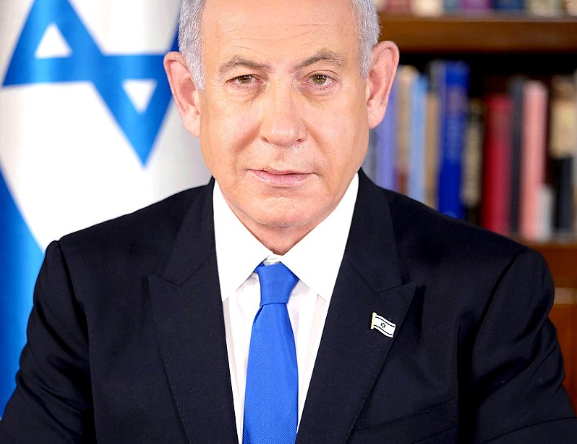[ad_1]
BRUSSELS (Reuters) – Britain and the European Union postponed a new round of Brexit negotiations by a week until the end of the month in what EU diplomats said was to allow time for Prime Minister Theresa May to make a key speech in about 10 days.
In confirming a delay until Sept. 25, which Brussels had been expecting, the British government said in a statement it was a joint decision taken because “more time for consultation would give negotiators the flexibility to make progress”.
There has been no confirmation in London that May will make any speech around Sept. 21. There was no immediate official comment from the European Commission, which is the EU executive.
However, diplomats in the EU capital said they had been told on Tuesday that the negotiations had been put back “for reasons of the UK political calendar” rather than for any reason in Brussels.
EU officials and diplomats expect May to make a keynote speech around Sept. 21 and believe she may use it to outline the kind of transition arrangements Britain wants once it leaves the Union in March 2019 and before a long-term treaty setting out a free trade pact can be fully negotiated and implemented.
EU chief negotiator Michel Barnier has, like his counterpart British Brexit minister David Davis, played down the significance of the precise timing of talks in Brussels.
After the last round in late August, Barnier said the sides were far apart on the terms on which Britain will leave.
That raised doubts about whether two further rounds scheduled before an EU summit on Oct. 19-20 would show enough progress to let leaders agree to launch negotiations on the post-Brexit relationship.
EU sources doubt that May will be ready to give ground as early as this month on EU demands, notably that Britain pay it tens of billions of euros (dollars) on leaving. In early October she faces a tricky first Conservative party conference since she lost her parliamentary majority in an ill-advised snap election.
Rather, some EU officials expect May to speak in more detail later this month on the transition. She may explain to impatient Brexit supporters that Britain may remain inside some EU structures – and pay Brussels for the privilege – for some years to avoid a “cliff-edge” disruption to trade and business.
Such a policy statement by May, whose divided ministers have lately spoken more unanimously in favour of such a transition, would not in itself mean a shift in the negotiating stance on “divorce” issues, such as expatriates’ rights, how much Britain will pay on leaving or land border controls with Ireland.
However, delaying the Brussels talks may make it easier for the prime minister to get her message over without distraction.
Britain is keen to move on to discuss the future relationship and the transition to it as soon as possible, arguing that all these issues are ultimately intertwined.
The other 27 national leaders insist, however, that the divorce talks must show “sufficient progress” – a deliberately vague phrase – before they will negotiate a future trade deal.
Additional reporting by William James in London and Alastair Macdonald; Editing by Matthew Mpoke Bigg
[ad_2]
Source link







Leave a Reply